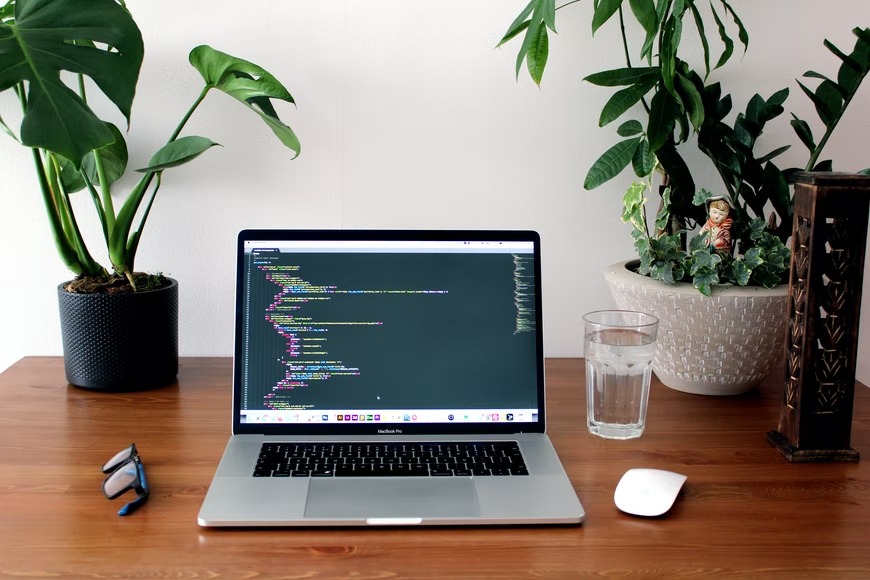Who can be a data protection officer? Your DPO should have expertise in relevant privacy or data protection policies and practices. He or she should have a sufficient understanding of the processing operations. Read this article to know the responsibility of DPO.
Who Can Be a Data Protection Officer?
A data protection officer is an individual who is responsible for the protection of personal data under the guidelines set by a company’s data privacy policy.
A Data Protection Officer (DPO) must have expert knowledge of data protection laws and regulations, and be able to advise on their application to different situations. They may work with a team of lawyers, IT security experts, and other experts.
The DPO may also be to serve as a contact point for regulators or supervisory authorities. Also, have a role in ensuring compliance with the law.
The DPO should also have the confidence to challenge his employer if necessary. Also, to be independent in his judgment.
The DPO is likely to need experience in data protection and privacy legislation, ideally gained as part of a technical or legal role. It is within a company or other organization handling personal data.
Goals
The main goal of a DPO is to ensure and monitor the compliance of the company. It is with its obligations under the GDPR.
DPOs are also responsible for monitoring the application of personal data processing services. It is to ensure that personal data is following applicable laws.
Another important task for DPOs is to inform and advise the company about their obligations regarding data protection.
They are also responsible for training staff in data protection. It is a crucial role as companies will be accountable if they do not take the appropriate measures to protect personal data.
Responsibilities
The responsibilities of a DPO are not exactly specified in the GDPR. However, they must at least have the following tasks:
Monitoring compliance with data protection legislation, and reporting to senior management and/or the highest level of management, any failures to comply;
Advising on, authorizing, and monitoring necessary measures to ensure compliance with the law. Upon request, the DPO must also be able to explain the purpose of personal data processing and advise on any privacy impacts.
Qualifications
There is no requirement for a person to hold a specific qualification to become a DPO. However, the GDPR requires that he or she possess expert knowledge of EU data protection laws and practices.
He or she should be able to advise on your processing operations and act as a contact point for supervisory authorities. It is the responsibility of the controller or processor to ensure that the DPO has the necessary expertise and ability to perform the tasks.
A DPO should be able to work in an environment with a high level of public scrutiny and be ready to respond to requests from government agencies or regulators.
He or she should also be ready to respond to questions from other data protection authorities and individuals about how your organization’s data protection policies are implemented.
Conclusion
Being a DPO is a challenging role. However, if you are looking to take your career to the next level, it is a position that can offer a great deal of satisfaction.
